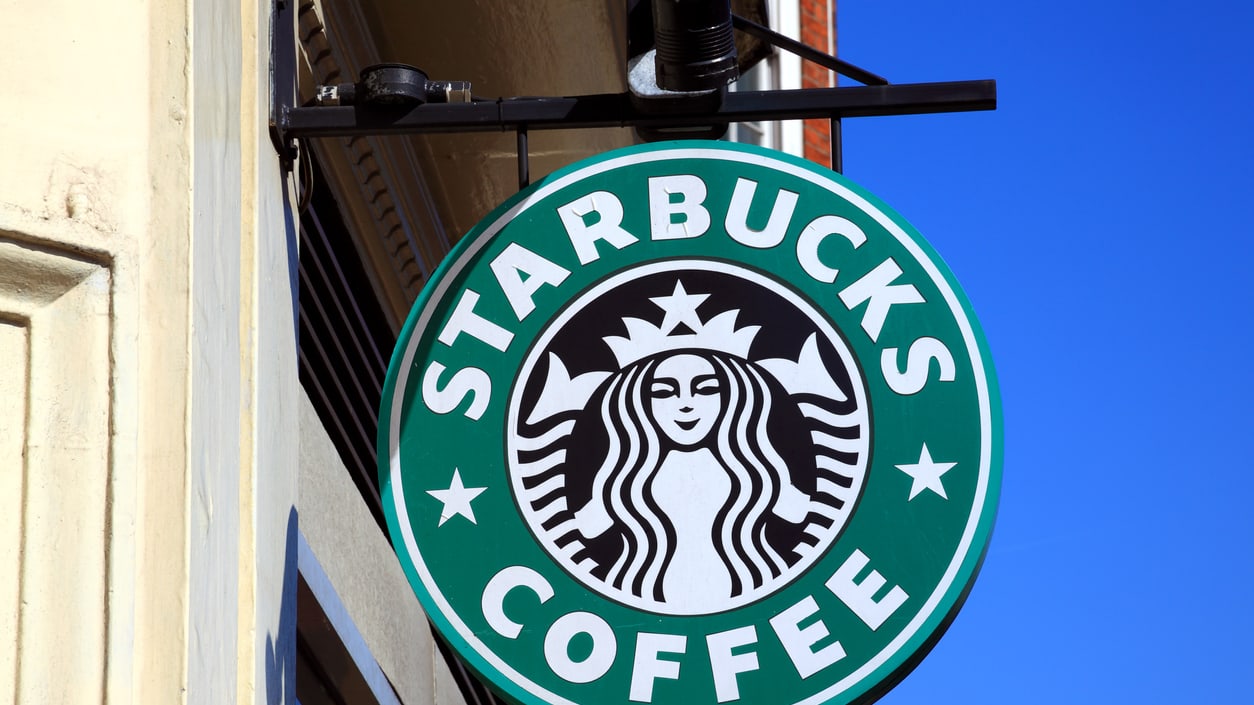Starbucks recently announced a set of pay and benefit enhancements, some of which will not be available to unionized workers. The coffee retail giant has come under fire from federal regulators for some of its strategies to avoid unionization by its baristas.
We've collected a group of articles on the news from SHRM Online and other trusted sources.
Pay and Benefit Increases
A 3 percent annual increase will take effect on Jan. 1, 2024, for all eligible workers at U.S. stores. Employees who have worked at Starbucks for two to five years will get a pay bump of at least 4 percent. Those who have at least five years under their belts will get a lift of at least 5 percent, Starbucks said.
Union members will get whatever increases were locked in last year, which vary based on when the store petitioned to unionize. That means that many workers will get the 3 percent or 4 percent hike, and some the 5 percent, even if they are unionized. But the company will not offer new vacation accrual benefits to unionized workers unless they are negotiated in collective bargaining. Nonunion employees will be eligible to accrue more vacation time sooner than before.
All employees, regardless of union status, should benefit from better scheduling as part of a company initiative designed to help give workers the hours they want based on their own feedback.
A National Labor Relations Board (NLRB) judge previously found that similar action by Starbucks violates federal labor law, with the company appealing the decision.
(CNN)
Accruing Vacation Time Sooner
Starbucks said it currently pays its hourly workers an average of $17.50 an hour. It increased hourly total cash compensation by nearly 50 percent since fiscal year 2020 through more hours and higher wages.
Hourly workers will accrue paid vacation time 90 days after a hire instead of a year, beginning in February, a benefit that will be only available to workers at nonunion stores.
The company has yet to reach a labor agreement at any of its stores with Starbucks Workers United, the union representing the workers. The union said that the denial of some new benefits at unionized stores is against the law and a clear continuation of an illegal union-busting campaign, and the union intends to file an unfair labor practice charge.
Lack of Bargaining
Starbucks did not communicate with the union about the new benefits changes. The company said it has continually reached out to Starbucks Workers United to set up bargaining sessions on a contract, but claimed the union has not bargained since mid-June.
Union members have advocated for seniority pay since the start of the campaign, and the union lists raises based on tenure as one of its contract demands.
Promising employees benefits in return for workers opposing a union drive is illegal, and implementing changes to working conditions at unionized workplaces without bargaining is also illegal. Employers can sometimes make changes consistent with prior practices.
NLRB Charges
The NLRB recently concluded that Starbucks unlawfully threatened to withhold benefits if employees in Wisconsin voted to join a union. On Oct. 17, an NLRB administrative law judge ruled that the Seattle-based coffee chain violated federal law by:
- Telling employees at a West Allis, Wis., store that they would lose planned benefit increases, including an abortion travel reimbursement, if they voted to unionize.
- Threatening that unionization could bring negative changes to the West Allis store.
- Soliciting employees' grievances and promising to remedy them if employees refrained from union activity.
- Telling employees that they were aggressive after they challenged a supervisor's claim about the effects of unionization on planned benefit increases.
- Telling employees that their union activity caused a negative environment at the West Allis store.
Starbucks emphasized that it did not take away benefits from any employees and that it trains managers that workers should not be disciplined or threatened for engaging in lawful union activity.
(SHRM Online)
Store Closings in New York
The NLRB on July 6 ordered Starbucks to reopen one of the three stores it closed in Ithaca, N.Y., and reinstate employees with back pay. It found the coffee retail chain engaged in unfair labor practices by closing unionized stores.
Starbucks said those closures were the outcomes of a regular business review and made without regard to union status.
An organization run by AI is not a futuristic concept. Such technology is already a part of many workplaces and will continue to shape the labor market and HR. Here's how employers and employees can successfully manage generative AI and other AI-powered systems.




